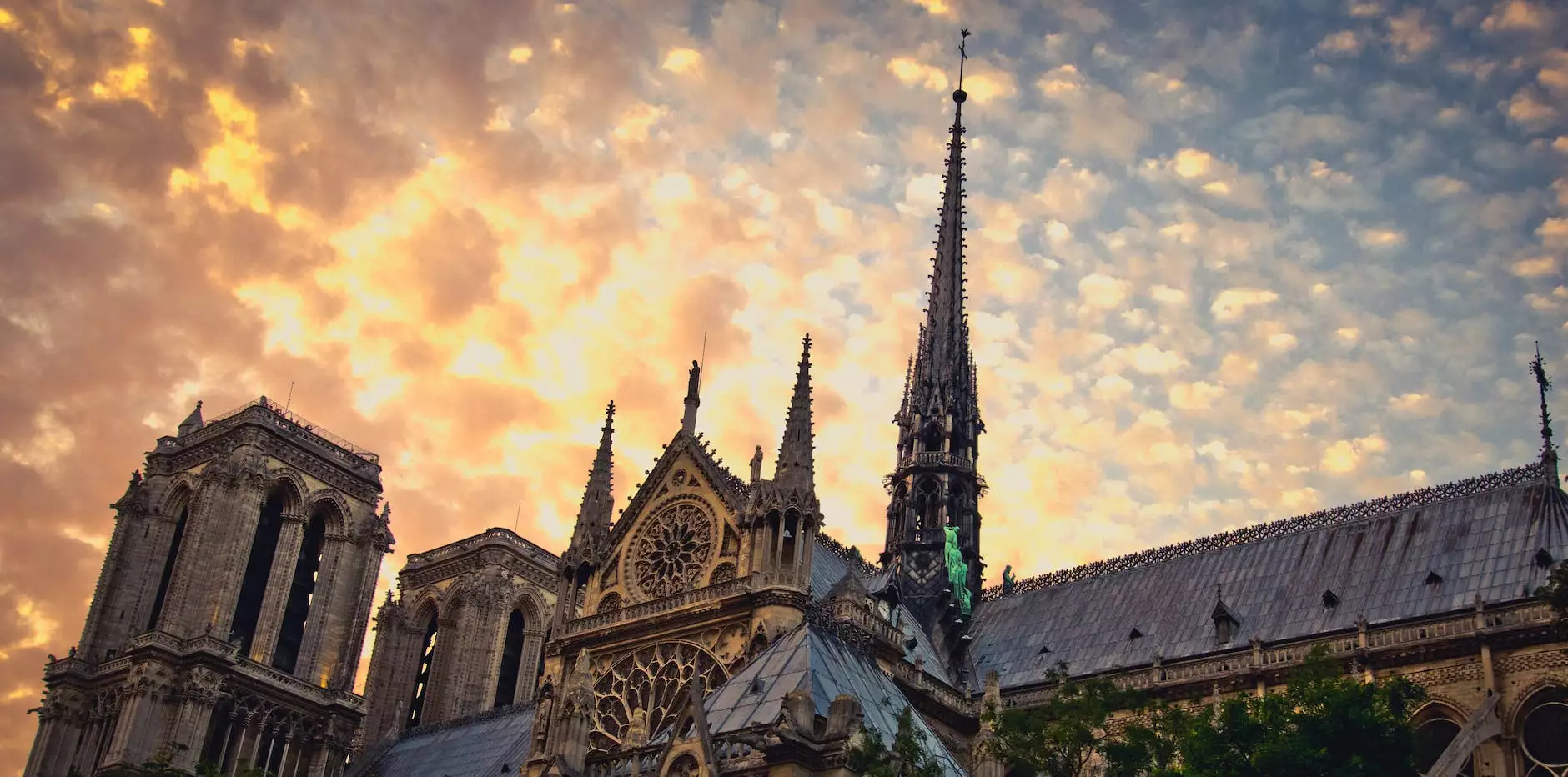Empowering Communities: The Vital Role of Black Churches in Brooklyn

Brooklyn, one of New York City's most culturally diverse and historically rich boroughs, has long been home to vibrant communities that thrive on faith, resilience, and mutual support. Among these communities, black churches in Brooklyn stand out as pillars of spiritual guidance, social cohesion, and community transformation. Their influence extends far beyond religious services, encompassing vital roles in education, social justice, civil rights, and community service. This comprehensive exploration underscores how these churches are not merely places of worship but dynamic organizations that empower individuals and uplift entire neighborhoods.
Historical Significance of Black Churches in Brooklyn
The history of black churches in Brooklyn is deeply intertwined with the broader African American experience in America. During the 19th and 20th centuries, these churches served as sanctuaries for freedom, resistance, and community building amid pervasive racial discrimination and segregation. Pioneering figures, such as prominent pastors and civil rights activists, found refuge and strength within the walls of Brooklyn's black churches, turning them into catalysts for social change.
Notably, these churches provided a safe space for organizing protests, advocating for civil rights, and promoting economic empowerment. They became centers where cultural identity was celebrated and preserved, fostering a sense of pride among black residents in Brooklyn. Today, the legacy of these institutions continues to inspire activism, community engagement, and leadership development across the borough.
The Role of Black Churches in Shaping Brooklyn’s Social Fabric
Spiritual Leadership and Moral Guidance
At their core, black churches in Brooklyn offer profound spiritual guidance rooted in Christian teachings, tailored to the unique needs of their congregations. Pastors and church leaders serve not only as spiritual mentors but also as moral compasses, guiding individuals through life's challenges with compassion, wisdom, and faith.
Community Building and Social Cohesion
Beyond spiritual services, these churches act as community hubs where residents gather for social events, cultural celebrations, and educational programs. They forge strong bonds among congregants, fostering a sense of belonging and collective identity. Through regular outreach, they nurture relationships, provide emotional support, and create safe spaces for dialogue and mutual understanding.
Educational and Youth Programs
Recognizing the importance of education for future generations, many black churches in Brooklyn sponsor tutoring, mentorship, and scholarship programs. They work tirelessly to ensure that children and young adults have access to quality education, leadership opportunities, and positive environments free from adversity. These initiatives help reduce dropout rates and prepare youth for success in academics, careers, and civic engagement.
Community Service and Non-Profit Initiatives Led by Black Churches
Addressing Food Security and Housing Stability
- Food Pantries and Soup Kitchens: Many churches operate food banks, providing nutritious meals to families facing food insecurity, especially in underserved neighborhoods.
- Housing Assistance Programs: Churches collaborate with housing agencies to assist residents facing eviction, offering resources and advocacy to promote stability.
Health and Wellness Programs
- Health Screenings and Education: Regular health fairs and screenings target chronic illnesses prevalent in the community, such as hypertension, diabetes, and asthma.
- Mental Health Awareness: Churches facilitate workshops and partnerships with mental health professionals to combat stigma and support emotional well-being.
Social Justice and Civil Rights Activism
Black churches in Brooklyn have historically been at the forefront of social justice campaigns, advocating for racial equality, police reform, and economic justice. They mobilize community members for protests, organize advocacy forums, and work with local government to bring about policy change.
The Impact of Religious Organizations on Community Development
Creating Safe Spaces and Promoting Unity
By offering a spiritual foundation grounded in faith and hope, black churches in Brooklyn foster a resilient community spirit. During times of crisis—be it natural disasters, economic downturns, or social upheaval—they stand as pillars of support and resilience. Their efforts promote unity among diverse populations, bridging racial, cultural, and socio-economic divides.
Fostering Economic Empowerment
In addition to spiritual and social contributions, many churches support economic development initiatives, including small business incubators, job training, and financial literacy programs. These efforts help uplift community members economically, reducing poverty and stimulating local economies.
The Future of Black Churches in Brooklyn: Embracing Change and Innovation
As Brooklyn continues to evolve culturally and demographically, black churches are adapting to meet emerging challenges and opportunities. Embracing technology, expanding their outreach through social media, and developing new community programs are vital strategies for remaining relevant and impactful.
Innovative churches are also embracing healthier, inclusive worship styles and fostering interfaith dialogue—strengthening their roles as peacebuilders and community unifiers. Furthermore, collaborations with local organizations and civic leaders amplify their capacity to serve and advocate effectively.
Conclusion
Black churches in Brooklyn are more than religious institutions—they are vital engines of community transformation, cultural preservation, and social justice. Their enduring legacy and ongoing efforts continue to shape a more equitable, vibrant, and resilient Brooklyn. By fostering spiritual growth, social cohesion, and economic empowerment, these churches are helping build a future rooted in faith, hope, and collective action.
Whether through outreach programs, community service initiatives, or advocacy, black churches remain steadfast in their mission to uplift their neighborhoods and nurture the human spirit. Their unwavering commitment serves as an inspiring reminder of the profound power of faith and community in creating meaningful change.









